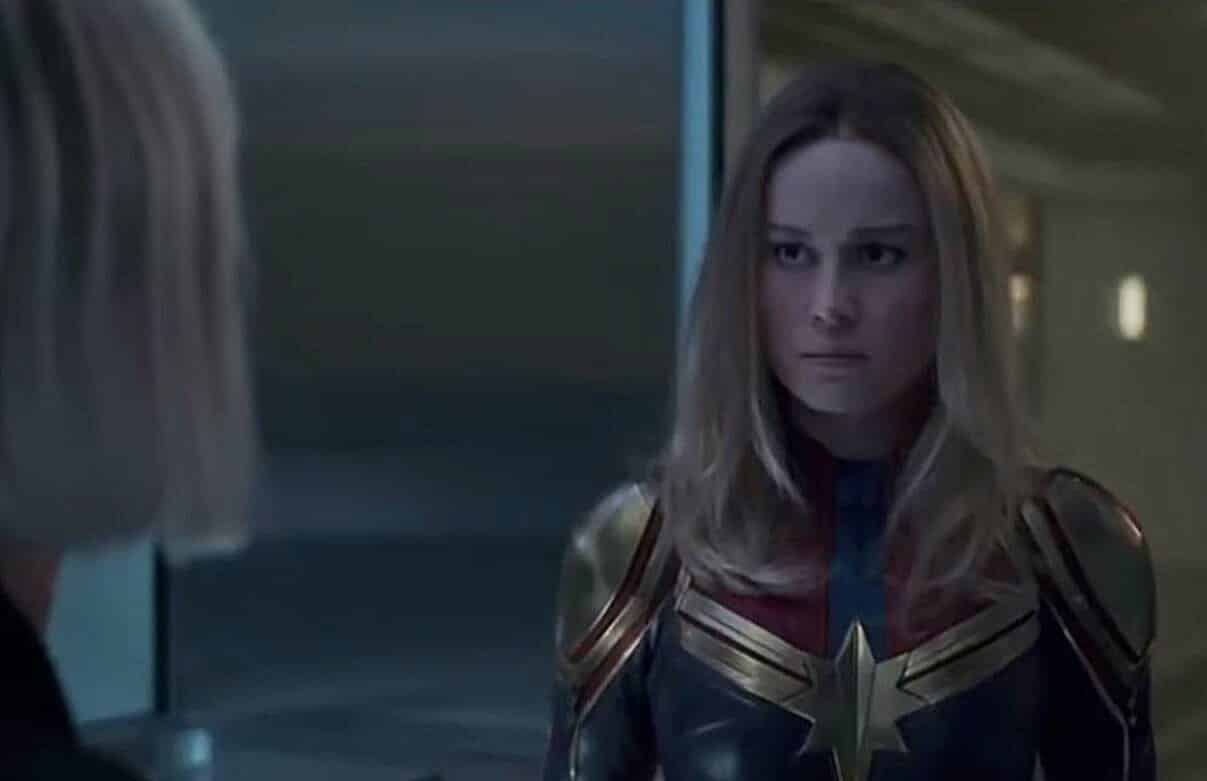Avengers: Endgame is finally upon us, and it is not surprisingly smashing box office records like the Hulk smashes… well, anything. The film is an opus, masterfully crafted and executed to a level as close to perfection as a superhero film can get. Having a connected universe that spans 22 films and over a decade of unique filmmaking is no easy feat, but the Marvel Cinematic Universe pulled it off in spades. However, some people felt a little confused over some of the plot points, so let’s break it down for you now.
*ATTENTION! SPOILERS AHEAD FOR THE SIX PEOPLE WHO HAVEN’T SEEN AVENGERS: ENDGAME YET!*
The film relied heavily on time travel to find a way to combat the events of the previous film, Infinity War. Now, time travel can be not only a lazy writing/cop out way of handling things, but also it’s a slippery slope that creates massive plot-holes if not done properly. Fortunately, Marvel does do it properly, and ties up nearly all the loose ends that time travel creates.
Firstly, let’s discuss the method of time travel and the laws that go with it. As many people suspected, the Quantum Realm was the catalyst to time travel. And the film does a great job of explaining that. The rules of time travel, however, are a bit fuzzy. The film actually covers this as well. As the team prepares for their first test, Rhodey suggests they just go back and kill baby Thanos (a subtle nod to Deadpool wanting to kill baby Hitler).
Hulk explains that time travel doesn’t work that way. He explains that if you go into the past, it is now your future, and the present is now your past. In other words you can’t change the past to effect the present. Rhodey and Scott Lang argue this point, citing every time travel movie, by saying changing the past creates an alternate branch in time that creates a new present.
It turns out they’re both right, in a way, and this is how the MCU avoids the obvious plot-holes that come from the time travel troupe. When the Hulk goes back to 2012 and confronts the Ancient One for the Time Stone, we find out that both theories are in effect. While most of time is set and cannot be changed by jumping into the past, there are anchors that, if removed, create and alternate timeline, parallel to the traveler’s original timeline.
These anchors are the Infinity Stones themselves. If you remove a Stone from it’s original point in time, you create a branch in time that is unnatural. But, if you return said stone to the exact moment you removed it, that branch is wiped from existence, as if it never happened.
So, by combining the two theories into one, all of the so called “plot-holes” of the film are explained. Like, if Tony Stark wiped out Thanos and his whole army from 2014, then how did the events of Infinity War take place? Shouldn’t the 2014 Thanos dying in the present mean that he never collected the stones in the first place? No. It doesn’t. Because that 2014 Thanos was from an alternate branch in time that, once the stones were returned to their rightful place, was wiped from existence anyways.

In other words, had Captain Marvel been able to reach the Quantum van before Thanos destroyed it, the stones could have been returned and that Thanos would have disappeared anyways. Same for 2014 Nebula that 2019 Nebula shot. She didn’t shoot herself, she shot an alternate her that doesn’t actually exist.
But what about everyone’s favorite evil step brother, Loki? He escaped with the Tesseract in 2012 when the plan to get the stone failed. So, he’s alive now, right? Wrong. When Cap returned the Tesseract to 1970, that alternate branch was erased. The whole incident at the bottom floor of Stark tower never takes place, and Loki does return with Thor to Asgard as a prisoner. Need proof of that? Well, how about when Thor and Rocket head to 2013 (a year after Loki “escaped” custody), the first thing we see is an imprisoned Loki.
And speaking of Captain America, how did he not royally screw up the timeline when he stayed behind with Peggy Carter? That, my friends, follows Hulk’s theory of time travel. You can’t change the past, because it is now Cap’s future. But wait, didn’t Peggy marry some soldier that Cap saved during WWII?! Yes, she married Captain America. Cap saved himself by going back in time to get his dance. And, she didn’t tell him that they got married because he fully explained everything to her when he returned.
That’s why we see pictures of her children, but not her husband. And, at her funeral, her husband is once again absent. That’s why, when Peggy nods of for a second, then opens her eyes again, she sees the young Rogers and thinks she’s back in 1946 (she had a touch of Alzheimer’s before she passed).
But, wait, so if Rogers was her husband all along, why didn’t Sharon Carter, Peggy great-niece, recognize her great-uncle, and then kiss him?! Well, he would have been at least 40 years older by the time she could remember meeting him, so he would have looked different. And, with Rogers traveling back to a time when he was supposedly frozen in ice, he would have had to take an assumed identity (maybe the identity of a fallen soldier who had no family? After all, Peggy was the head of the world’s largest spy organization and could make that happen…), so his name would have been different as well.
By incorporating both sets of time travel “rules” into the film, Marvel was able to actually avoid the typical plot-holes and pitfalls of a time travel movie. Except for one. But, this one falls more on the fact that multiple studios are involved. When all of the dusted half of the universe is brought back five years later, they haven’t aged a day. But, everyone that survived has aged. Yet, when Peter Parker goes back to school, ALL of his friends are still the same age! And, in the trailers for Spider-Man: Far From Home, we see that his whole crew hasn’t aged a day.

So, did they all get dusted and just came back? Highly unlikely. No, it’s probably more so that Marvel could only tell Sony so much of the plot for Endgame, so they just had to move forward with what they had. This one we can’t truly answer until the movie hits theaters in July.
Now, there could also be an argument that bringing the people back after a five year gap creates problems. Like, what if a wife lost her husband to the snap, but after 4 years she started dating again and fell in love and got married? What then? Well, I’ll just say this. You’re thinking way too much into a fictional universe. Yes, it creates issues, but they saved everyone. That’s what matters. The rest of that stuff will be worked out as people reintegrate into their lives.
All in all, Avengers: Endgame handles the over used “fix all” of time travel in movies properly. They create a believability with the rules they establish, and eliminate nearly every plot hole with said rules. Marvel hit a grand slam here, and we all couldn’t be happier.
b>What did you think of Endgame? Do you think they handled time travel well? Let us know in the comments below!

